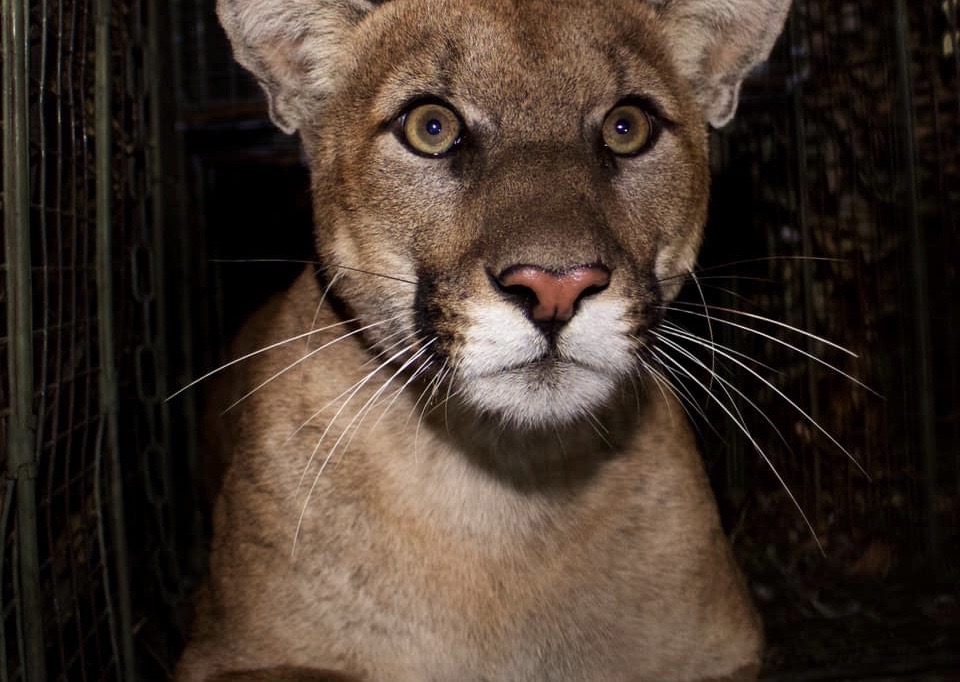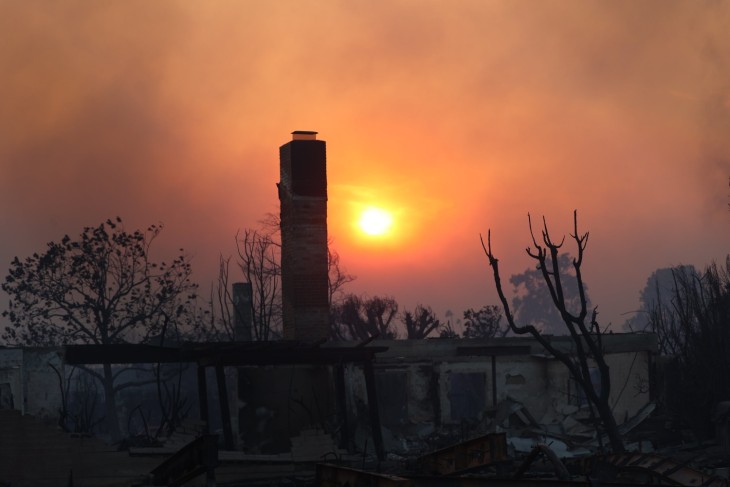LA City Councilmembers introduce resolution in wake of killing of local mountain lion?
By Chad Winthrop
Should mountain lions be listed as an endangered species? Should the killing of mountain lions be permitted in certain circumstances? These are some of the questions raised by Los Angeles lawmakers after the killing of a mountain lion earlier this month.
In response to the news of the killing of mountain lion P-56 by way of a depredation permit after the death of privately-owned livestock, Los Angeles City Councilmembers Paul Koretz and David Ryu introduced a joint resolution that demands halting of depredation permits to murder mountain lions.
In addition, the resolution seeks to establish an indemnity fund to reimburse affected individuals who lose animals to a mountain lion while also asking that the City of Los Angeles support the listing of the Southern California/Central Coast mountain lions as threatened under the California Endangered Species Act.
According to Koretz, the hunting of mountain lions, which are designated by the state as a “specially protected mammal” has been banned in California since 1990. However, mountain lion P-56 was the first to be killed in the Santa Monica Mountains under a California law that allows a landowner to take lethal action against a big cat that has killed or injured livestock or pets if other deterrents have failed.
Kortez says, however, that Southern California mountain lions face an “increasingly difficult” and uncertain future due to a wide variety of lethal threats to the species. Los Angeles is one of only two megacities in the world that has big cats living within the city limits. P-56 was one of only two known remaining breeding adult males in the area and his loss is seen by many a significant problem for the future of the local population.
“There continues to be an insane disconnect between the important conservation work we are doing in a time when we are racing the clock to protect our native species and habitats in face of the 6th global mass extinction, overbuilding, corporate poisoning practices like rodenticides, and a rapidly changing climate,” Koretz said. “Meanwhile, the California Department of Fish and Wildlife is actively undermining our work by handing out depredation permits on an apex predator just trying to survive in his natural habitat. We can do better and we must.”
The California Department of Fish and Wildlife had been reviewing a petition submitted last summer by the Center for Biological Diversity and the Mountain Lion Foundation, and subsequently recommended there was “sufficient scientific information available at this time” that listing the species “may be warranted.” This decision to move the status forward came in two days after the Councilmembers introduced the resolution. The Fish and Game Commission is expected to vote in April on whether to formally grant the “threatened” status.
In a newsletter, Kortez wrote that attacks on domestic animals can often be avoided when simple, inexpensive precautionary measures are taken, including using properly-trained guard dogs and keeping livestock in predator-proof enclosures at night.
“With so much energy spent by conservation groups and communities to save the small handful of mountain lions left within their areas, it is unconscionable that over the past five years, an average of over 100 big cats a year have been killed legally under California’s flawed depredation law,” said Tony Tucci, co-founder and co-director of Citizens for Los Angeles Wildlife. “In the face of persistent threats to its long-term survival, it becomes our inherent responsibility to do all we can to protect the Southern California mountain lion from extinction. Our failure to do so threatens the delicate balance of our fragile ecosystems to the detriment of all.”
The resolution is currently pending in the City CouncilRules, Elections, and Intergovernmental Relations Committee


























